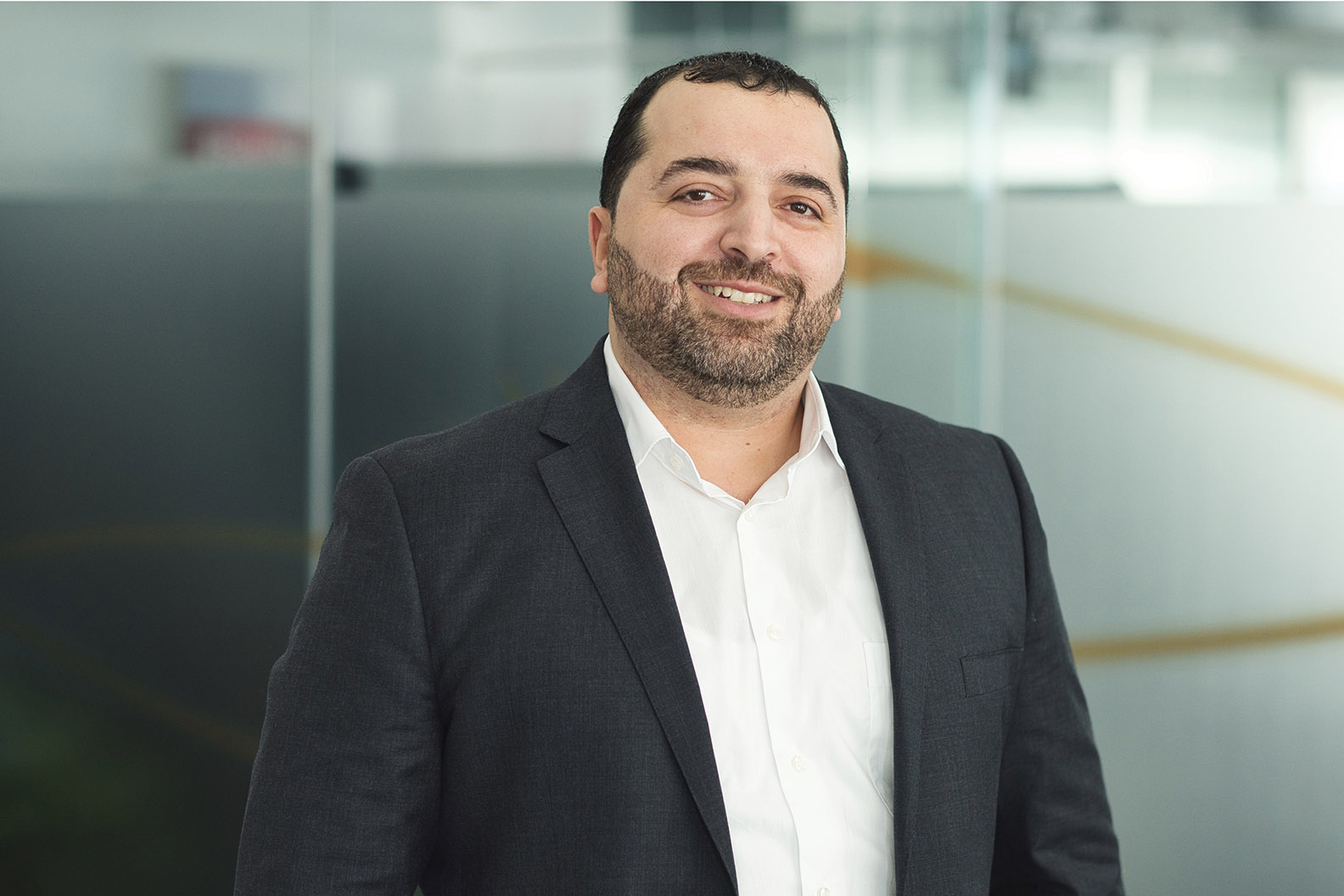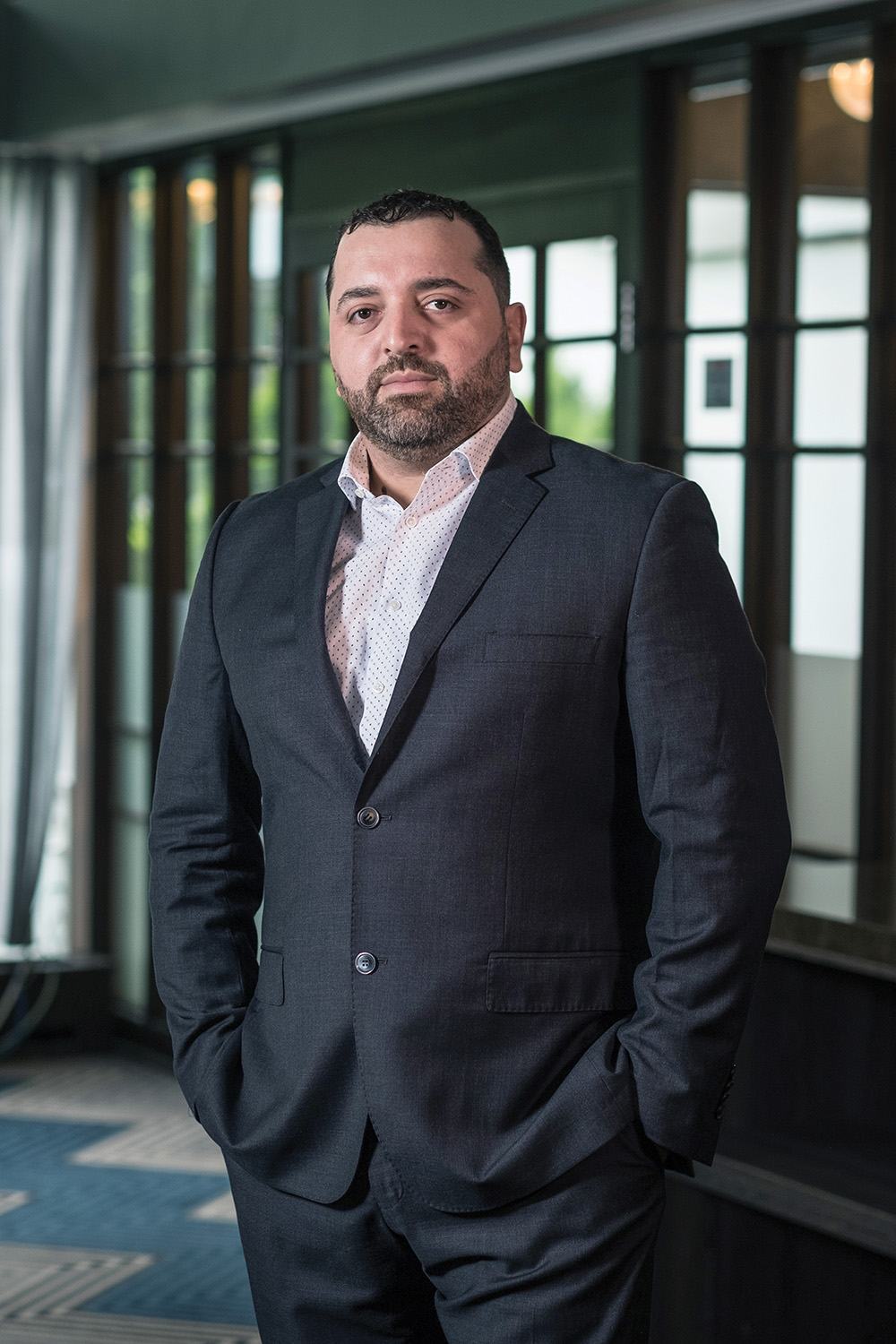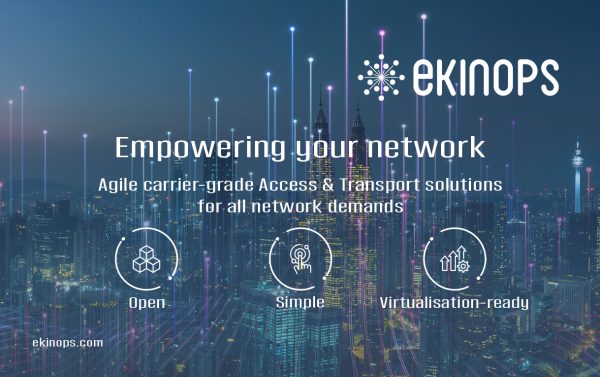Some may prefer to work in industries that are calm and steady, not given to change. For Nabil Ben Soussia, CEO Asia, Middle East and CIS of IEC Telecom Group, such a setting would no doubt be dull. “It’s a changing environment,” he says.

“I like challenges and this company and this industry is constantly offering new challenges, new things to solve, or new things to think about. That’s what drives me. New challenges, new markets, new solutions, new realities.”
There’s certainly no shortage of challenges for Nabil to meet; he reveals the satellite telecom sector faces difficulties lingering from COVID-19 and even the global financial crisis, as well as general problems that persist in the industry.
One example of the latter is having to compete with the cellular network, which by virtue of its faster-moving technology is more agile than the satellite industry. The speed with which 2G moved to 5G, Nabil explains, was far faster than satellite’s evolution, which can have a cycle of some 20 years.
The trick therefore, is not to try to compete with cellular telecoms, but to complement the service they offer in the market. On the other hand, satellite remains a backbone for marine communications as well as providing connectivity in regions with unstable infrastructure or as support to UN operations in such regions.
In fact, IEC Telecom currently has a contract with the UN to provide communications to refugee camps, and that communication to the outside world will help displaced peoples adjust to everyday life. “We are one of the leaders with United Nations operations,” Nabil says.
“We see the problems they face in their day-to-day work and we offer services that are targeted to that. For example, providing communications to a refugee camp – we consider the main duty of that camp is to make sure that someone from there will leave the camp after 10 years and be able to live in society. We really try to help people integrate later with normal life, knowing that it’s changing more and more.”
IEC Telecom has also observed increased requirements for satcom services in the maritime sector. With port closures and interruptions in crew exchange, demand for data increased tenfold.
To support the sector at the outset of the pandemic, IEC Telecom, alongside its strategic partners, doubled data allowance for its maritime customers free of charge for a month. “Cooperation is not only about business, but fostering relationships for the long-term,” Nabil says.
While Nabil says the technology is designed to be easy to install, portable and affordable, there’s no doubt that one of its greatest strengths is the extent of its reach. Digital connectivity is becoming increasingly global, but satellites still offer the potential for connection to underserved parts of the world.
This will no doubt help reduce inequality for those remote and unconnected places that are likely disadvantaged in many other ways.
I prefer to meet challenges, not wait for them to come.
“Voice services are declining and data services are increasing – big data exchange, artificial intelligence, telemedicine and remote maintenance, for example. It’s really going more and more towards large data transfer, which requires big bandwidth. Virtualisation is very important – it gives you a way to avoid heavy investments because technology is changing so quickly. To avoid obsolescence, you open your platform to anything new coming in the future. So you remove the capex, you go for virtual appliances and you are ready to follow the changes when they come.”
While digitalisation spreads fast within the GSM-covered areas, access to new technologies for the maritime sector and remote units on land remained severely restricted. Such modernisation required high capital investment in hardware and monthly data consumption, not to mention the complex logistics involved for set up and onsite maintenance.

To counter this, IEC Telecom together with its longstanding partner Ekinops, a supplier of advanced optical transport and enterprise connectivity solutions, developed OneGate with the objective of resolving this issue.
Using Ekinops’ Open Virtualization Platform, the company developed a comprehensive network management system, enabling optimisation of telecom resources and paving the way to affordable digitalisation for deprived market sectors.
What’s more, the new solution operates from a digital environment, which means that its configuration can be updated and upgraded remotely without the need of having dedicated staff onsite. IEC Telecom’s decentralised model of operation enables it to manage small offices spread around the world, a strategic decision that has helped it adapt to a rapidly changing industry.
“We didn’t want to become a big elephant with all this bureaucracy, losing our agility and responsiveness,” Nabil explains. “This also means that we’re closer to the customers and can serve them better. We understand them better. That proximity is important.”

This strategy helps IEC Telecom access as broad a share of the market as possible, working not only with humanitarian organisations but many other industries inland and offshore, including oil and gas, fishing and the military sector, among others.
It’s clear that Nabil intends for IEC Telecom to remain flexible and agile in order to offer new services to replace those that will no longer be in demand. It’s in line with his general approach to adversity, which dictates that one should meet obstacles immediately.
“I prefer to meet challenges, not wait for them to come,” he says. “I prefer to choose when to act rather than wait and see. But it’s also important to have teamwork. I’ve worked now with a few of my team members since 2008, and the average time spent with the company is really more than six, seven years. In an environment like Dubai, that’s very difficult.”
Indeed, that longevity is one of Nabil’s proudest accomplishments, along with the contribution of IEC Telecom to its customers. “This job offers them a challenge and motivation, and gives them the feeling that they’re here for a reason. They’re not just here to come in, do their job and leave – they understand their impact on our lives, on our customers’ lives, on broader conditions in some regions. We really bring life to what we do; it’s not just numbers and deals.”
Proudly supported by:



